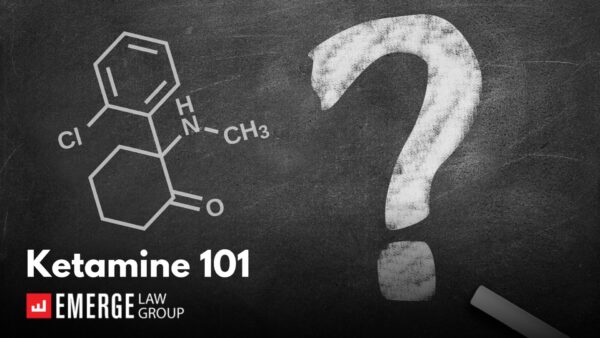On behalf of terminally ill patients suffering anxiety and depression, we announce an advocacy effort to open access to psilocybin for terminally ill patients under state and federal “Right to Try” (RTT) laws. Well known patient rights advocate Kathryn Tucker, Co-Chair of the Psychedelic Practice Group of Emerge Law Group, represents a Seattle oncology clinic, Advanced Integrative Medical Science (AIMS) Institute, and its co-director Sunil K. Aggarwal, MD, PhD, a noted palliative care specialist in seeking permission to access psilocybin for the purpose of treating terminally ill patients suffering anxiety and/or depression.
Petitioners rely upon state and federal RTT laws, which protect access to investigational drugs not yet been approved for use, recognizing that terminally ill patients do not have the luxury of time to await the slow process of new drug approval. The clinician has approached the federal Drug Enforcement Administration (DEA) to make psilocybin available for use in treating terminally ill patients suffering anxiety and/or depression. See letter to the DEA dated January 15, 2021. DEA responded in a letter dated February 12, 2021, stating that DEA has no authority to waive any of the provisions of the federal Controlled Substances Act, thereby denying therapeutic use. Read more about this Right to Try Effort in a recent Seattle Times article. On March 8, 2021, a Petition for Review was filed in the United States Court of Appeals for the Ninth Circuit by AIMS, Dr. Aggarawal and others seeking review of DEA’s decision in its February 12, 2021 letter.
We will be holding a media briefing today at 10 am PST. Details can be found at: https://goteamtbg.com/dying-patients-need-access-to-psilocybin-for-anxiety-and-depression-relief/





